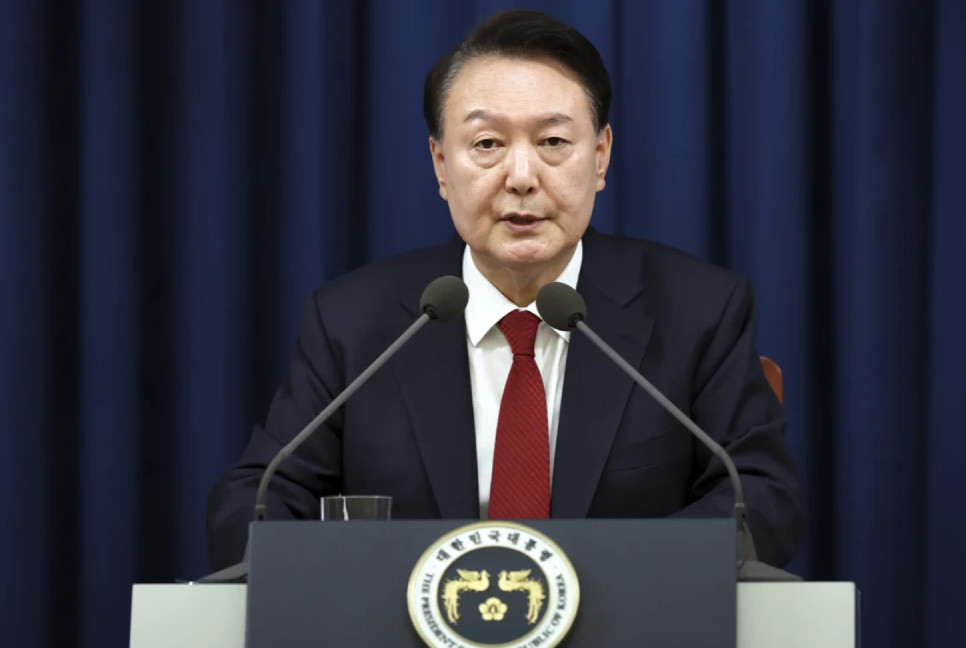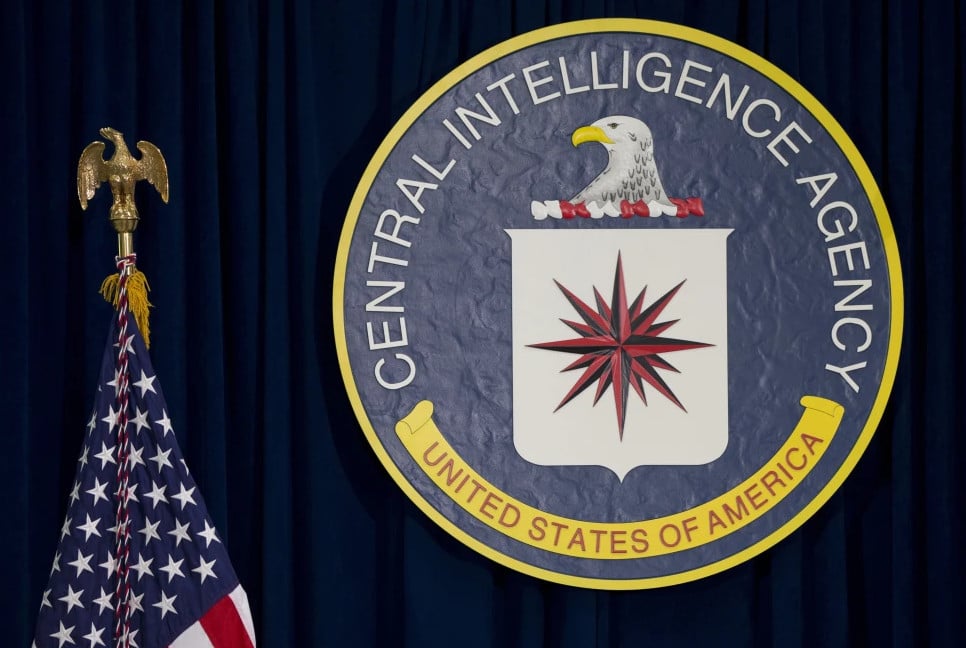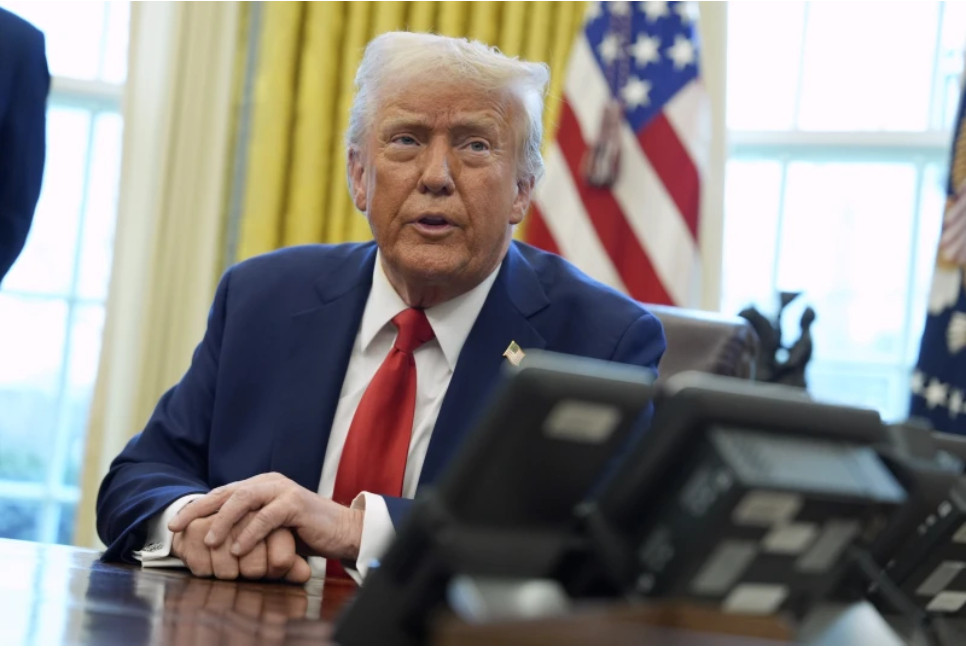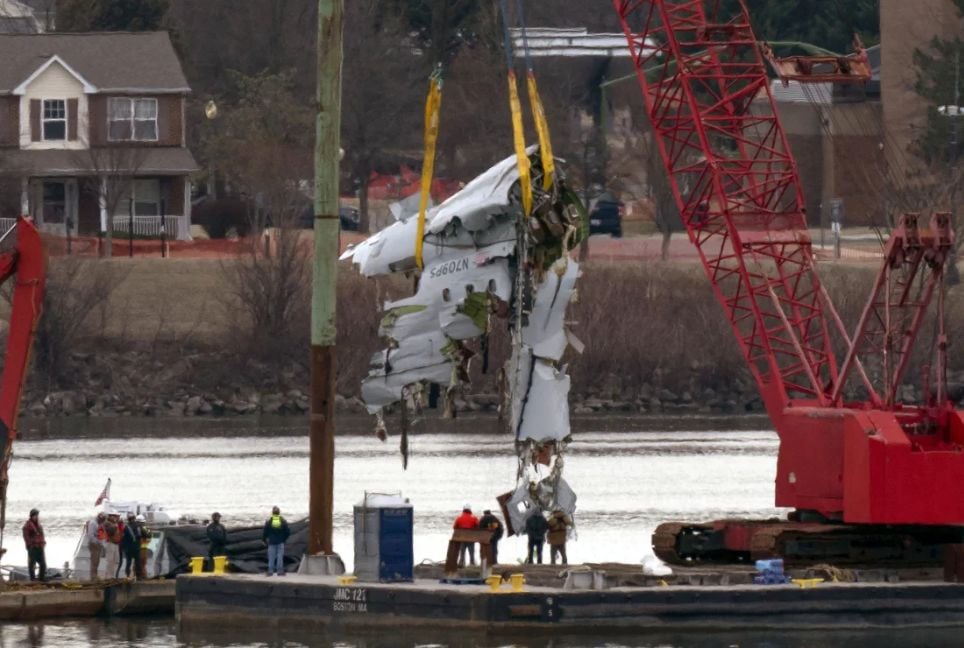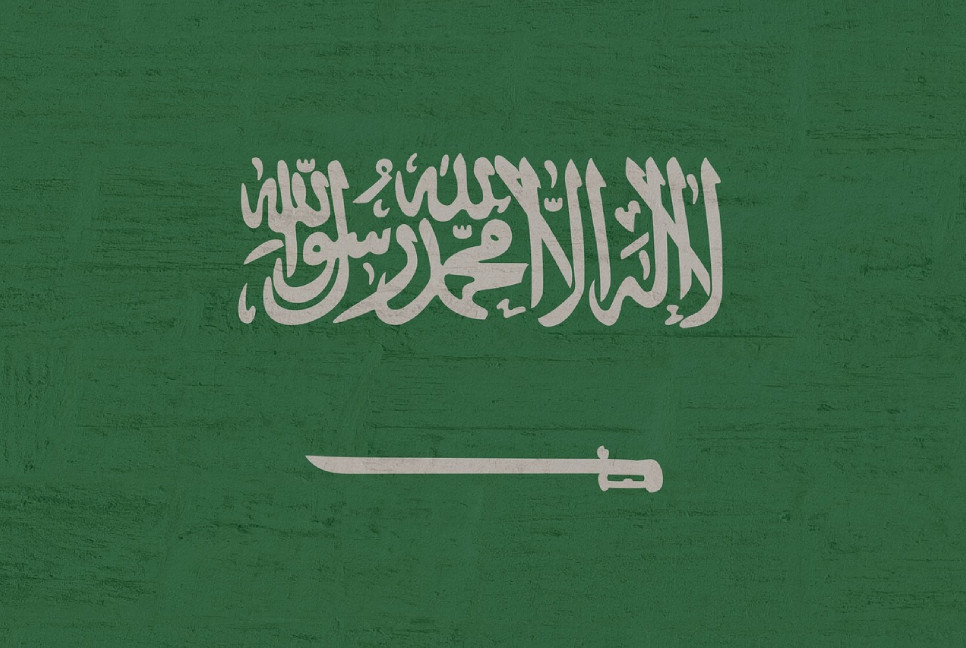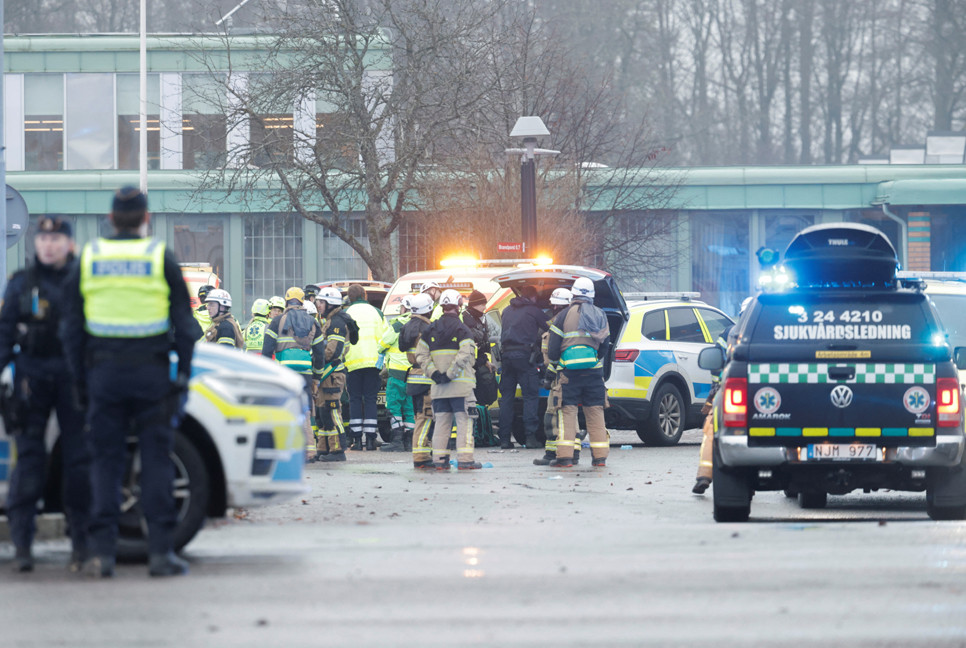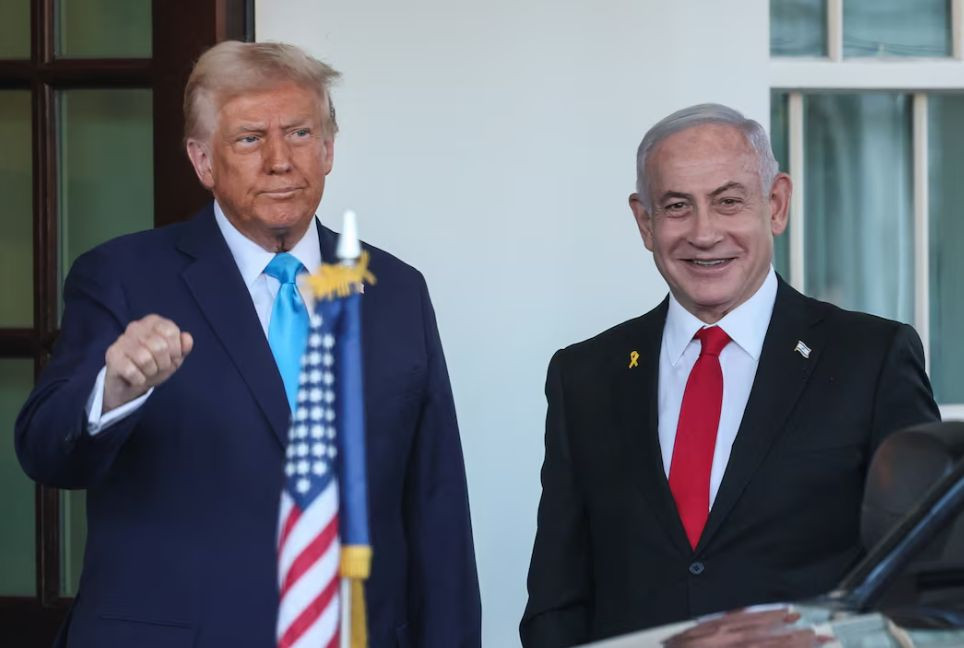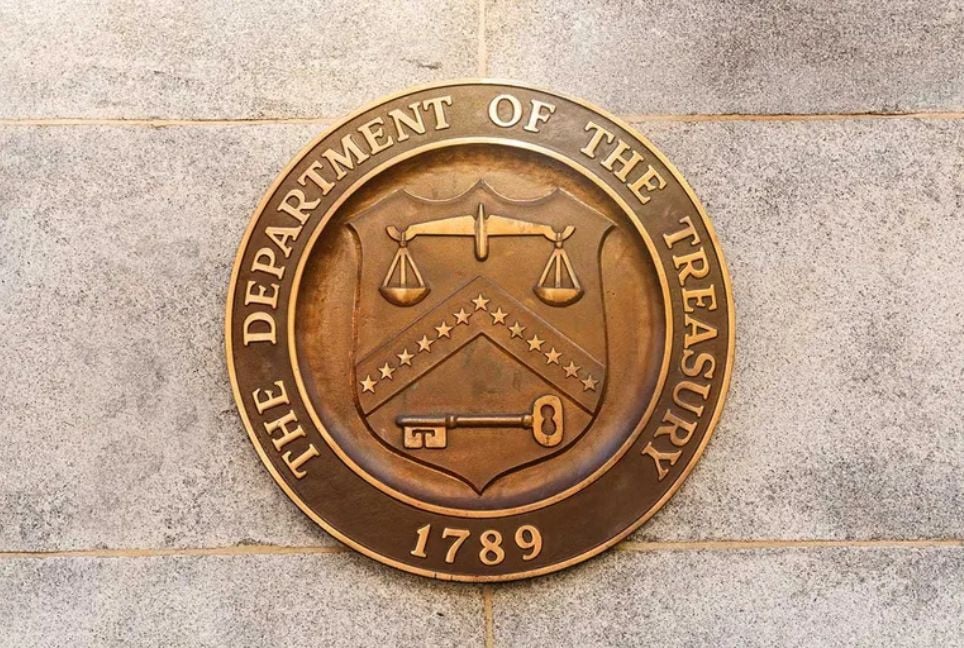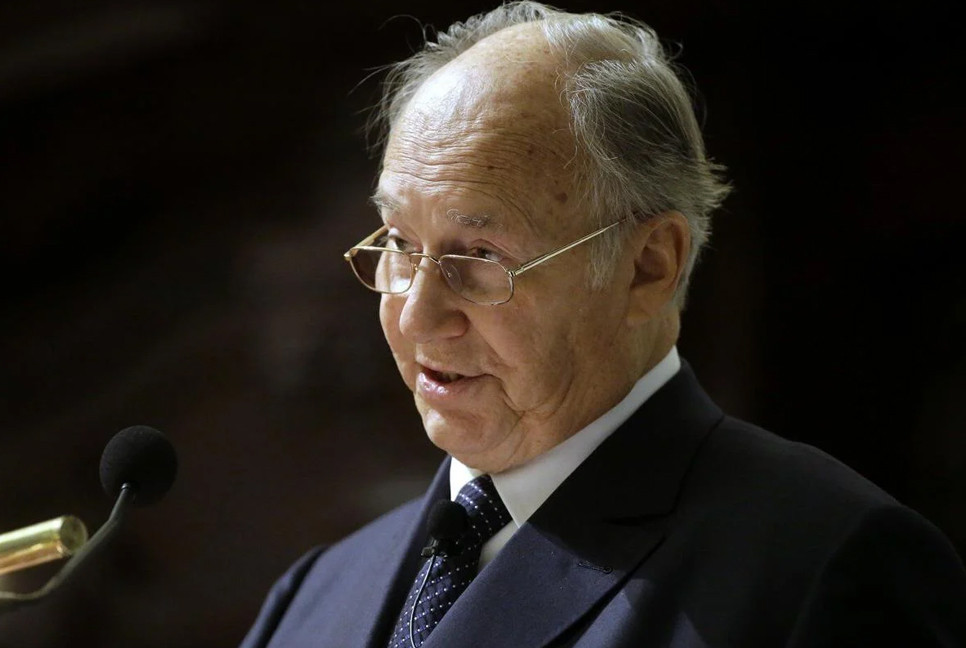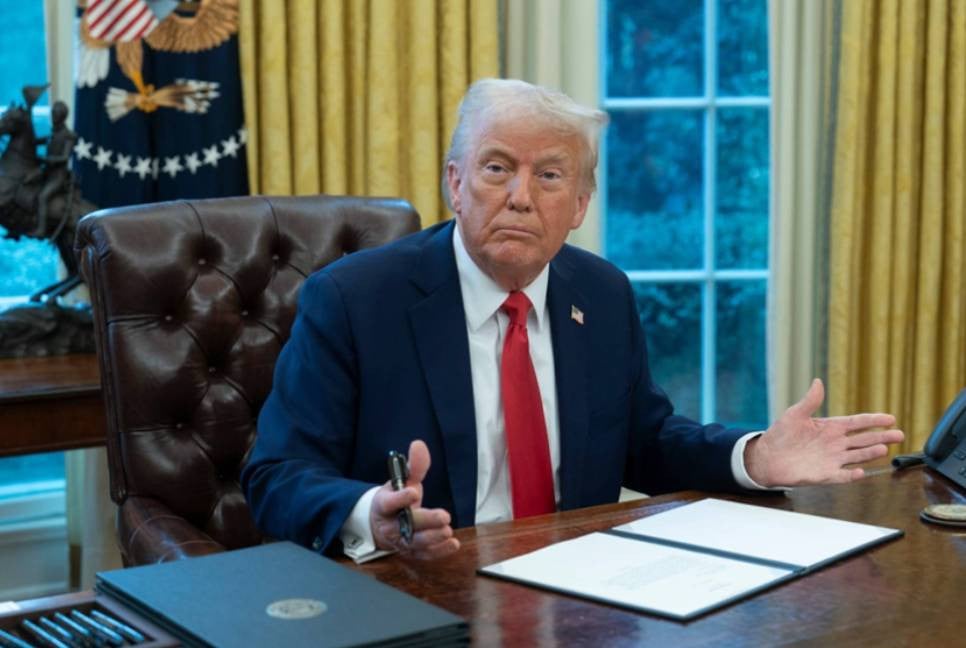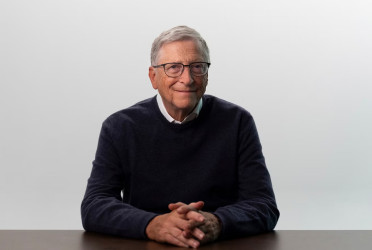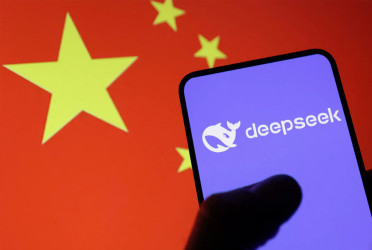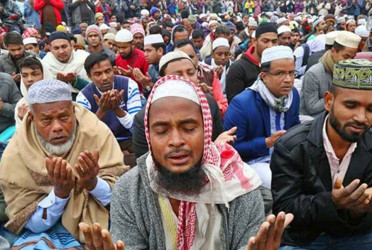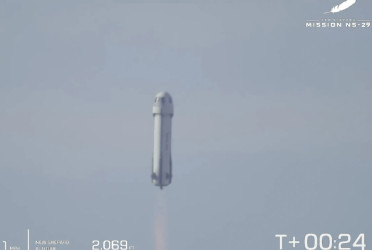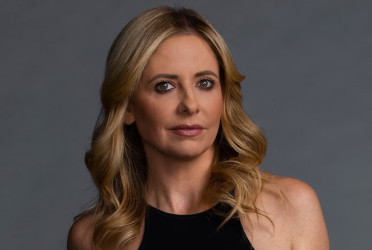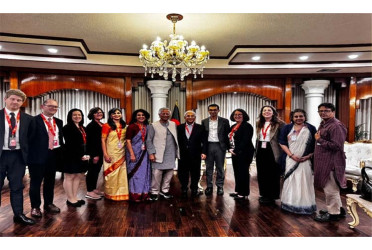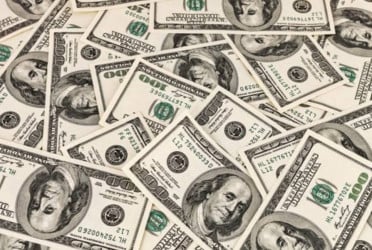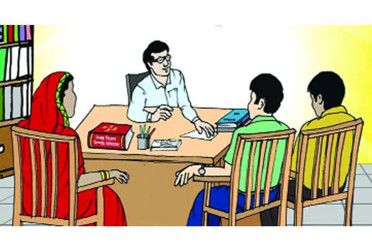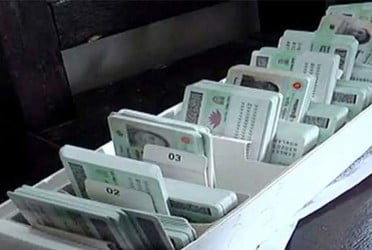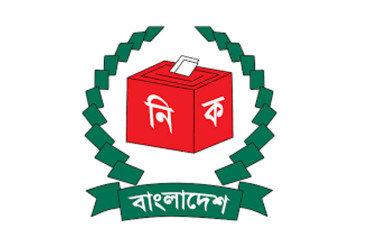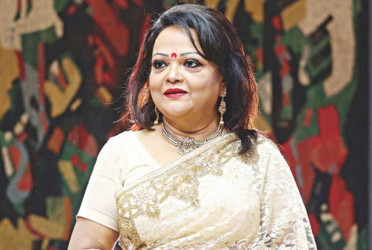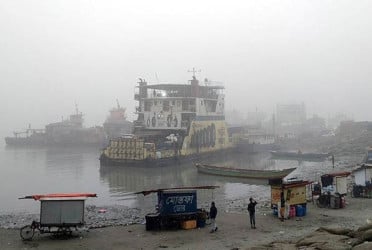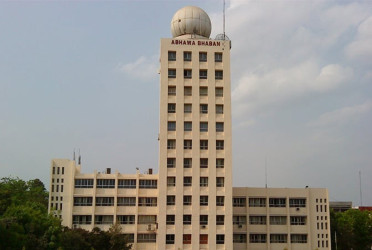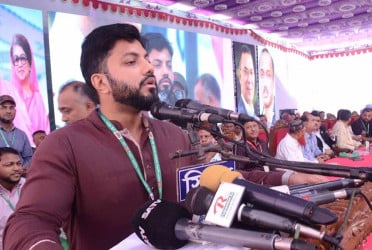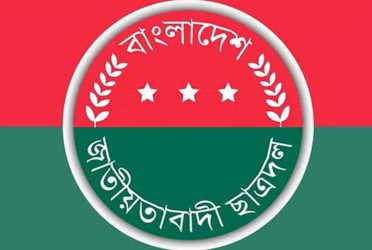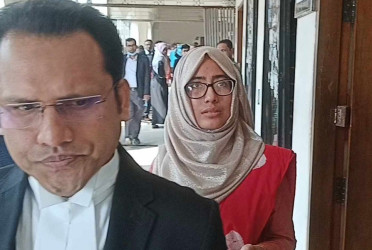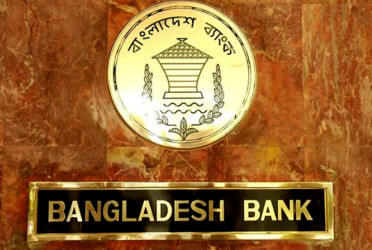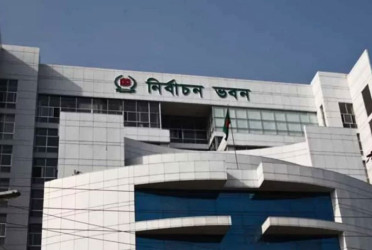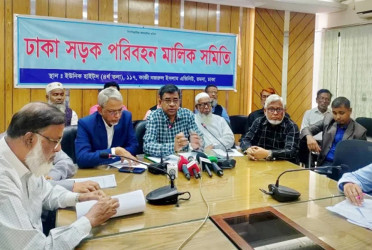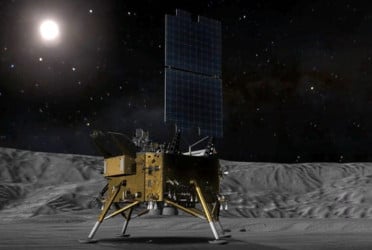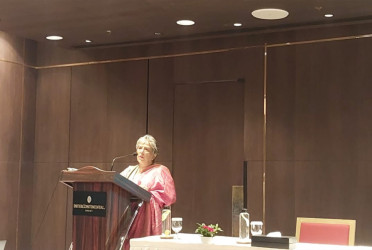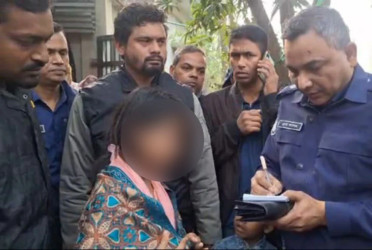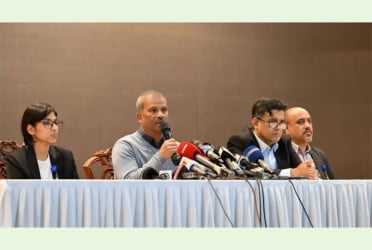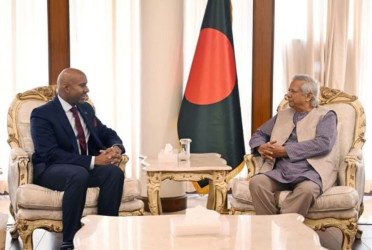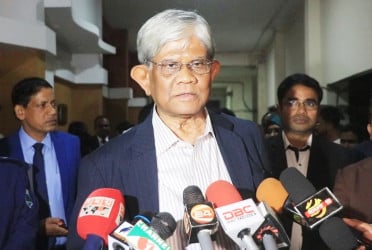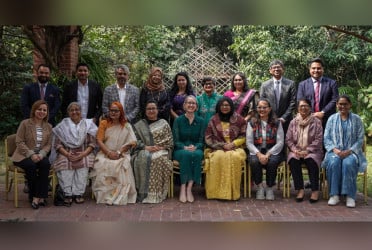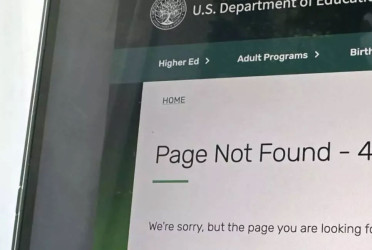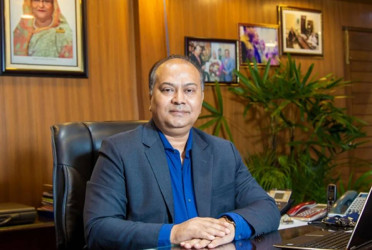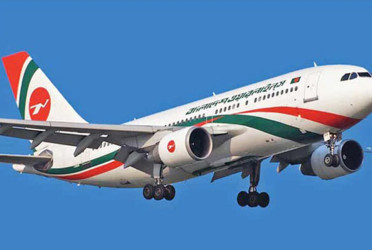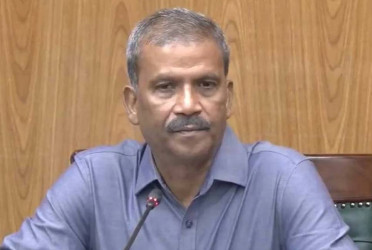Yoon Suk Yeol's rise to the pinnacle of South Korean politics was built on decades of legal achievements, yet his legacy may ultimately be defined by one mystifying decision: deploying troops under martial law based on ambiguous claims that one of Asia's leading democracies faced an existential threat, reports AP.
What in Yoon’s background hinted at this dramatic turn?
Yoon, a staunch conservative and a veteran prosecutor, transitioned from a political newcomer to the presidency in 2022. His election marked the end of five years of liberal governance characterised by unsuccessful attempts to address North Korea’s nuclear ambitions and economic stagnation.
However, Yoon’s presidency has been marred by relentless friction with an opposition-controlled parliament, threats from North Korea, and scandals involving him and his wife. Critics describe him as impulsive, thin-skinned, and overly reliant on a close circle of loyalists.
Amid impeachment proceedings in parliament, no single factor explains his move to override democratic norms with martial law, justified by his vague claim that “anti-state forces” influenced by North Korea were active. Yet, threads from Yoon's background, including his intense animosity towards the liberal opposition and his confrontational approach to North Korea, shed light on this pivotal moment in his presidency.
A Turbulent Journey to Top Prosecutor
Despite 2 1/2 years as president, Yoon’s career has primarily revolved around law enforcement rather than politics.
Born in Seoul to two professors, Yoon studied law at Seoul National University. A defining moment came in 1980 when he enacted a mock trial against dictator Chun Doo-hwan during a university event, sentencing him to life imprisonment. This act forced Yoon into hiding as Chun extended martial law and deployed troops to the university.
Yoon later returned to Seoul to pursue a nearly three-decade career as a state prosecutor, earning a reputation for being tough and unyielding.
A Confrontational Style
Yet, his leadership style has drawn criticism for being unsuitable for high office.
“President Yoon isn’t well-prepared and acts impulsively,” said Choi Jin, director of the Seoul-based Institute of Presidential Leadership. “He shows his emotions openly and tends to operate within a tight-knit group, sidelining broader consensus.”
This trait was evident during a 2013 parliamentary audit, where Yoon, then a senior prosecutor, accused his superiors of pressuring him to stop investigating allegations of election interference by the country’s spy agency. His bold declaration, “I’m not loyal to (high-level) people,” led to his demotion.
Following the impeachment of conservative President Park Geun-hye in 2017, liberal President Moon Jae-in elevated Yoon to head of a key prosecution office, which investigated Park. Moon later appointed Yoon as South Korea’s top prosecutor.
A Political Neophyte
Yoon only entered politics about a year before his presidential victory, parting ways with Moon over a deadlock involving prosecution reforms. Moon’s allies accused Yoon of using the probe to bolster his own political ambitions.
In 2022, Yoon narrowly defeated liberal firebrand Lee Jae-myung in South Korea’s closest presidential race, marred by vitriolic exchanges. Yoon likened Lee’s party to “Hitler” and “Mussolini,” while Lee’s allies called Yoon “a beast” and mocked his wife’s alleged cosmetic surgery.
Domestic Discord
Yoon’s presidency has been dominated by political gridlock and acrimony. His narrow electoral victory and his party’s inability to secure parliamentary control have exacerbated tensions.
The opposition, which retains parliamentary dominance until 2027, has repeatedly clashed with Yoon over legislative and budgetary issues. Yoon justified his martial law declaration by accusing the opposition of plotting rebellion, citing their impeachment efforts against his officials and budgetary obstructions.
Scandals have further eroded Yoon’s approval ratings. Last month, he denied involvement in an influence-peddling scandal linked to him and his wife, Kim Keon Hee. Separate footage purportedly shows Kim accepting a luxury gift from a pastor.
Choi speculates that Yoon’s “clumsy martial law” attempt may have been an effort to distract from these controversies.
“Yoon likely believed he had no other option to shake up the political landscape, but he failed,” Choi said.
A Hardline Standoff with North Korea
While domestic scandals have shaped Yoon’s presidency, his foreign policy has been marked by a hardline stance on North Korea.
Yoon initially proposed economic incentives to encourage North Korea to abandon its nuclear programme. However, relations soured as Pyongyang intensified weapons testing and threats. By last year, North Korea was openly mocking Yoon, calling him “a diplomatic idiot” and sending balloons filled with trash over the border, some reaching the presidential compound.
Yoon’s invocation of North Korea as a domestic threat echoes South Korea’s authoritarian past, when strongmen used fears of northern aggression to suppress political dissent.
bd-pratidin/Rafid

